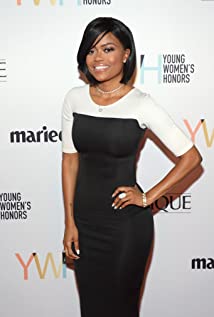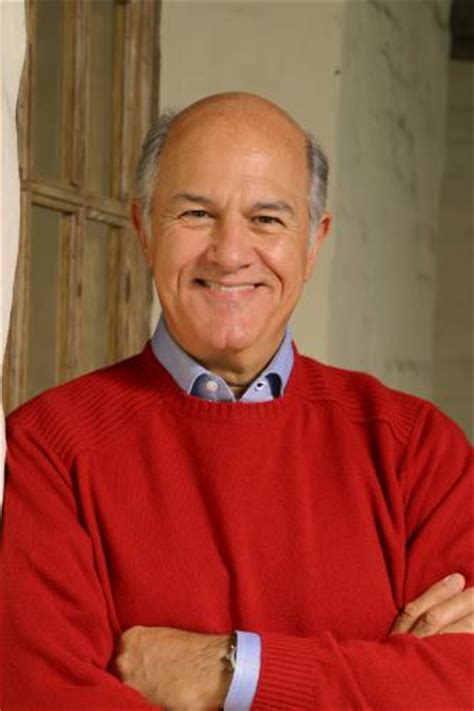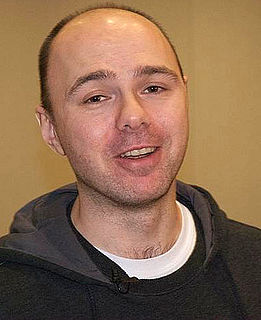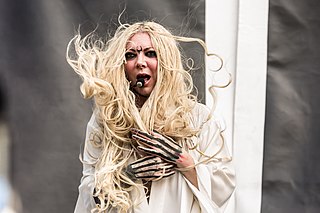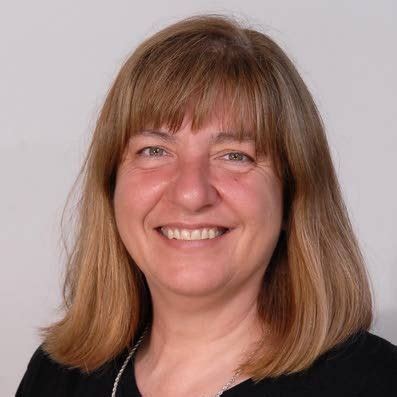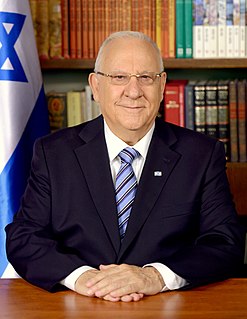A Quote by Karen Civil
Social media can help or hurt you. People are more into other people's lives than their own. Everyone sees everyone else's success online, and we allow it to magnify our own failure.
Related Quotes
I think that there's a natural attraction to enigmatic characters, people that have decided to make a decision in their lives to live differently than everyone else. That's a very attractive quality that also happens to be good for filmmaking, people that have their own point of view and aren't looking at things the same way as everyone else.
Everyone alive has suffered. It is the wisdom gained from our wounds and from our own experiences of suffering that makes us able to heal. Becoming expert has turned out to be less important than remembering and trusting the wholeness in myself and everyone else. Expertise cures, but wounded people can best be healed by other wounded people. Only other wounded people can understand what is needed, for the healing of suffering is compassion, not expertise.
Often when people are claiming that they are not creative, they mean that they are not artists, writers, athletes, or any other media types demonstrating creativity. Or they know someone who always seems to have a lot of ideas and know that they can't match that. We all have a tendency to idolize those who create what we see in the media. I think it's better to use these people as models rather than idols, especially when these people have aspects of their lives that are similar to us. Then we can take their inspiration as we go on to be creative in our own way in our own lives.
It seems that, culturally, young people function more in groups. They know each other through digital media. All the young comedy people who work in TV are really used to working at the table with lots of writers around. They're comfortable in the group; they don't assert their own egos over everyone else.
Will’s voice dropped. “Everyone makes mistakes, Jem.” “Yes,” said Jem. “You just make more of them than most people.” “I —” “You hurt everyone,” said Jem. “Everyone whose life you touch.” “Not you,” Will whispered. “I hurt everyone but you. I never meant to hurt you.” Jem put his hands up, pressing his palms against his eyes. “Will —” “You can’t never forgive me,” Will said in disbelief, hearing the panic tinging his own voice. “I’d be —” “Alone?” Jem lowered his hand, but he was smiling now, crookedly. “And whose fault is that?
The extremists are talking too loudly, and everyone is convinced that only he is on the right side. It’s not just Jews against Arabs. It’s the Orthodox versus those who don’t think they can keep all six hundred and thirteen commandments of the Bible. It’s rich people versus poor people. At some point, something came over Israel so that everyone has his own ideas—and everyone else is an enemy. It’s a dialogue among deaf people and it is getting more and more serious.
